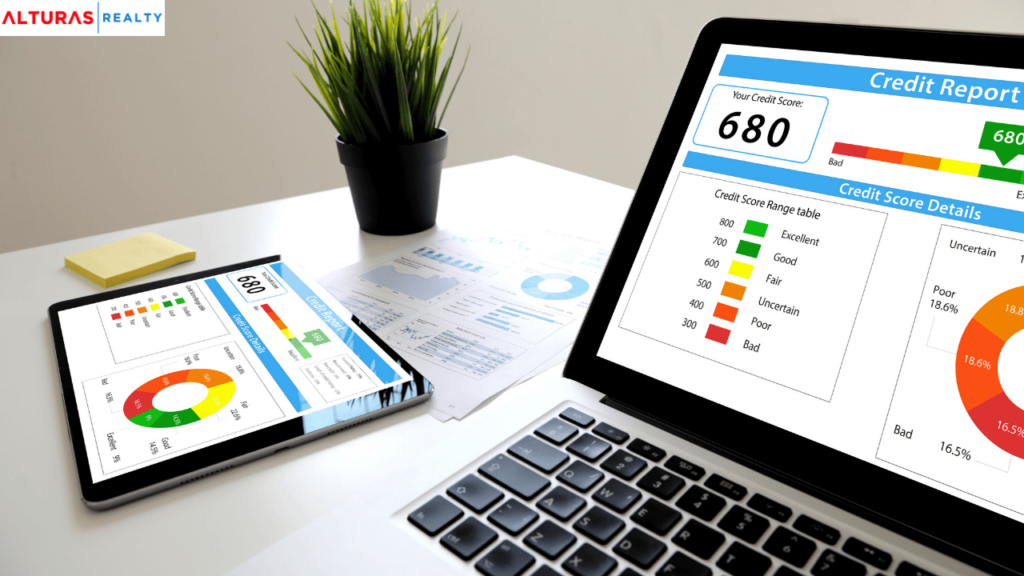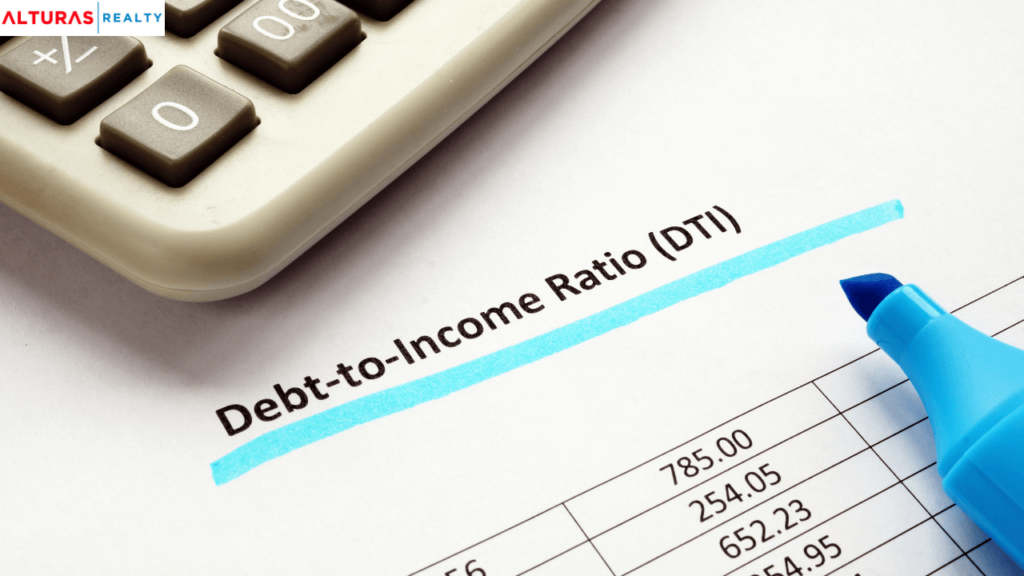
How to Qualify for a Home Loan? 7 Things You Must Know About Mortgages!
Are you ready to take the jump into homeownership? If yes. Then the first and most significant step is to understand the qualification process for the mortgage. Homeownership is undoubtedly not a piece of cake, but there is nothing to worry about, as we are here to help you.
How to Qualify for a Home Loan
From discussing the required credit score to the citizenship problem, this article provides a comprehensive guide about the requirements and insights for qualifying for a home loan. So, make sure that you stick to this article till the end and give it a thorough read!
1. Credit Score

The credit score is a comprehensive numeric representation of a person’s creditworthiness. Calculating credit scores includes the individual’s credit utilization, payment history, types and number of credit accounts, credit inquiries, and debts on the credit cards.
Mortgage lenders use credit scores to evaluate a person’s previous credit history and financial status. And to qualify for a mortgage plan, having a good credit score is mandatory.
There is no limit in terms of minimum credit score for qualifying for a loan, as every mortgage plan has different requirements. However, 600 is considered a borderline score that can open loan opportunities for you if you have a strong profile on solid aspects of another requirement of a mortgage plan.
Let’s have a quick look at the chart below for credit scores (CS) for qualifying mortgage plans:
- Excellent CS: 800 to 850
- Very Good CS: 740 to 799
- Good CS: 670 to 739
- Acceptable CS: 580 to 669
- Poor CS: 300 to 579
2. DTI Ratio

DTI – Debt-to-Income is another financial calculation that evaluates the individual’s economic history and stability. It compares the person’s gross monthly income and debt payments.
Inspecting the potential borrower’s debt-to-income ratio is important as it allows the lenders to see if the person is stable enough to manage and repay the loan. It also impacts how much money a borrower can get as a mortgage loan.
A low DTI ratio is a positive sign, as the less debt you have, the more chances you will get approved for a mortgage loan. A 43% of DTI ratio is considered an average limit for a moderately-earning person, but the range fluctuates between 41% to 50%, depending on particular conditions and eligibility criteria.
The DTI ratios are required for the most popular mortgage plan in the US.
- For Conventional loans: 45%
- For Federal Housing Association loans: 43%
- For United States Department of Agriculture loans: 41%
- For Veterans Affairs loan: 41%
3. Employment Record

An employment record of an individual is a complete detail of the person’s current and past employers, job positions, working durations, and salary history. It is another step to evaluate the potential borrower’s economic capabilities and potential to pay back the loan money.
It is important to verify the borrower’s income status (you may need to provide your salary slips and employment documents), economic stability, job security, and financial ability to pay back the mortgage money and avoid possible risks of scams from the borrower.
For qualifying for mortgage programs, at least two years of employment history is required. However, the requirement can increase or decrease according to the various aspects like type of mortgage, type of property, location, loan provider, and lender’s conditions.
Moreover, owning private businesses and investments also includes in employment history. However, you must provide multiple documents and bank account histories to prove your economic stability.
4. Down Payment

The down payment is the upfront payment made by the buyer when buying a property, based on a certain percentage of the total buying cost. It is the only cost of buying a home the buyer pays through their funds, while the mortgage program fulfills the rest of the transaction expenses.
For qualifying for a mortgage, the lenders require particular down payment details to ensure the lender is financially stable enough to make the upfront payment and committed to repaying the loan.
The overall ratio of the down payment for real estate properties falls between 3% to 20%, depending on the type of mortgage, type of property, and lender’s conditions.
Moreover, if your down payment is less than 20%, you have to pay for the Private Mortgage Insurance (PMI) plan that protects lenders from potential scams from borrowers. And, of course, the more down payment you make for the property, the fewer interest rates you have to pay.
Saving for the downpayment is undoubtedly one of the biggest and most complicated financial aspects of buying a home. However, we have discussed some effective ways to save for the down payment. Let’s have a quick look at them!
- Look for additional income sources like giving tuition, freelance jobs, and driving in Uber.
- Manage and negotiate everyday expenses like grocery, utility, monthly subscriptions, and luxuries. Instead, choose a simple lifestyle.
- Make a separate savings account so your impulse buying, emergency expenses, and other activities don’t affect your savings.
5. Property Type and Condition

The type and category of properties significantly impact various mortgage factors like eligibility criteria, required down payment, interest rate, repaying period, loan limit, and other borrowing terms and conditions.
Moreover, the location, condition, and value of the property also affect loan terms by the lenders. Here, we have discussed some common property types and associated lending conditions.
Single-family Homes:
Single-family homes are lenders’ favorite as they are always hot in the market and easy to sell if the borrower disqualifies to repay the loan.
Condominiums:
Getting a mortgage for condominium units is complicated because of the joined units like parking, gyms, parks, and other factors. Also, a lender may strictly consider the condition and location of the team before agreeing on a loan.
Town Houses:
Getting a mortgage for townhouses is easier and quicker than single-family houses, as they are always in demand in the real estate market, and reselling is also simple.
Manufactured houses:
Manufacture homes’ eligibility criteria and requirements differ from single homes and condominiums. As they can be leased or owned as a part of a community, lenders have many additional requirements and formalities while providing mortgages for them.
6. Proof of Citizenship

The citizenship requirements for every location vary when qualifying for mortgages, along with different rules and regulations. However, are some of the general considerations:
US Citizens:
Citizens are typically eligible for every kind of mortgage plan without facing additional formalities or requirements regarding their citizenship status and getting loan money.
Permanent Residents:
Permanent residents refer to the US’s green card holders or legal residents eligible for most mortgage schemes. However, the lender may require them to show their proof of residence documents and immigration paperwork.
Non-permanent Residents:
Non-permanent residents refer to people with student visas, work visas, and individuals with temporary residence permits. They are also eligible for some mortgage plans; however, the requirements and conditions vary significantly.
Foreign Buyers:
Foreign buyers are eligible for remortgage plans in selected locations only. Moreover, they have strict mortgage conditions like high-interest rates, high down payment, short repaying time, and additional strict rules.
7. Documents and Paperwork

Some of the important documents that are needed to qualify for a mortgage program are a valid government-issued identification card, employment verification document from the employer, tax statements, bank card statements, assets ownership documents, proof of down payment, and property documents like sales agreement, sales contract, appraisal report, and title information.
Moreover, these are public documents. Every lender also requires a variety of other paperwork, depending upon the type of mortgage, loan amount, repaying time, and financial state.
Final Words
Qualifying for a home loan is a significant accomplishment in your journey to owning a home. And it needs a thorough understanding of the requirements and careful economic planning. Therefore, strengthen your financial position, save money for a down payment, increase your creditworthiness, and take professional help to get your mortgage approved and make your dream home a reality.
